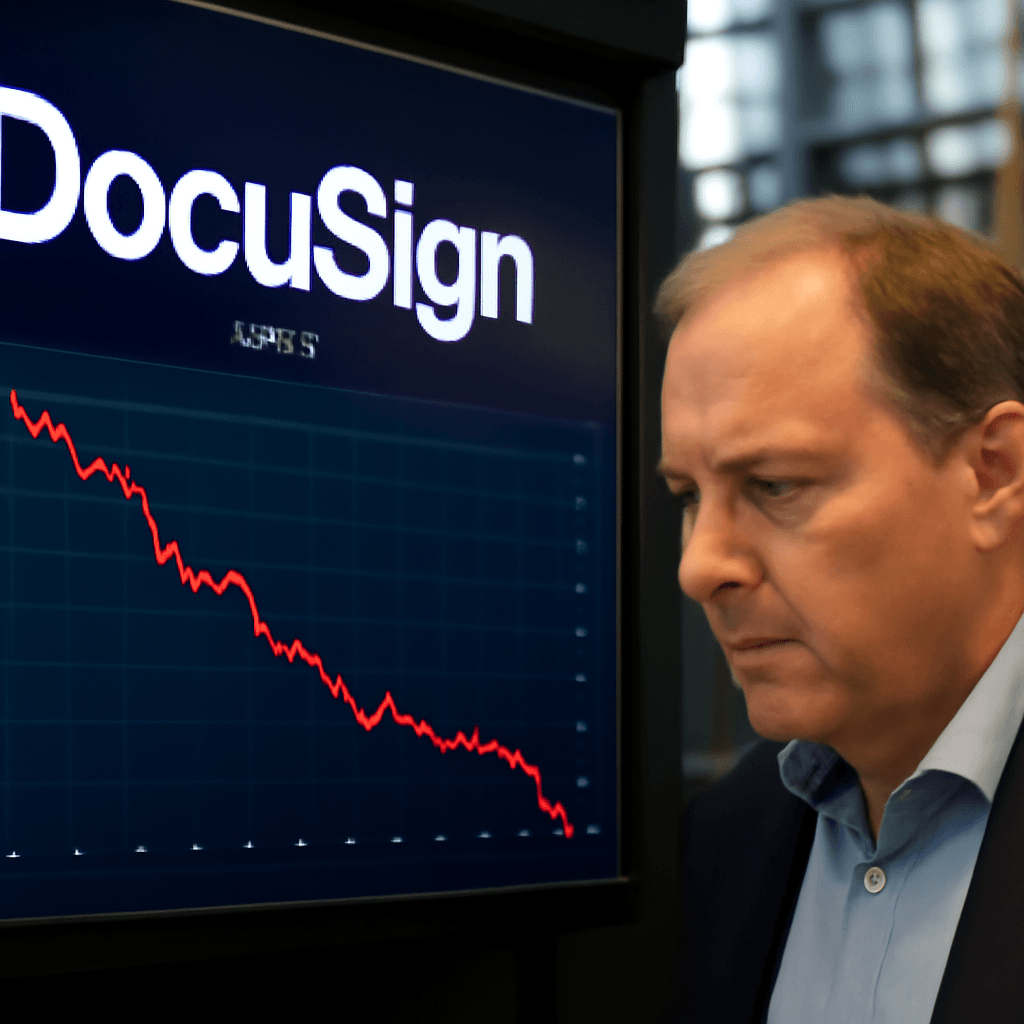Broadcom Surpasses Q2 Earnings and Revenue Estimates
Broadcom delivered a strong financial performance in the second quarter, exceeding Wall Street forecasts and issuing robust guidance for the upcoming quarter. The semiconductor company posted revenue of $15 billion, slightly above the estimated $14.99 billion.
Key Financial Highlights
- Adjusted earnings per share: $1.58 (vs. $1.56 expected)
- Revenue: $15 billion (vs. $14.99 billion expected)
- Net income: $4.97 billion, or $1.03 per share
- Year-over-year revenue growth: 20%
The company also announced an anticipated third-quarter revenue of approximately $15.8 billion, slightly surpassing analyst projections of $15.7 billion.
Driving AI Expansion and Custom Chips
Broadcom’s CEO emphasized the company’s ongoing multi-year efforts to develop custom AI accelerators in collaboration with three major cloud customers and four prospective partners. These collaborations highlight Broadcom's commitment to increasing its AI infrastructure market presence.
During the quarter, Broadcom generated $4.4 billion in revenue attributed to AI-related products, primarily from networking components that enable communication within complex server clusters.
Looking forward, the company expects AI chip sales to reach $5.1 billion in the third quarter, supported by significant continued investments from hyperscale cloud providers such as Amazon, Google, and Microsoft.
Segment Performance
The semiconductor solutions segment, which includes Broadcom's AI chip offerings, reported revenue of $8.4 billion, reflecting a 17% year-over-year increase and surpassing analyst expectations.
Separately, the software segment, encompassing VMware products, achieved $6.6 billion in sales, marking a 25% growth compared to the previous year and exceeding market estimates.
Share Performance and Outlook
Broadcom's stock has risen approximately 12% year-to-date, following a doubling of its share price last year, driven by investor confidence in its AI chip portfolio and strategic partnerships.
The company continues to project sustained AI-related growth through fiscal year 2026, underscoring its positioning within the expanding cloud infrastructure sector.



















